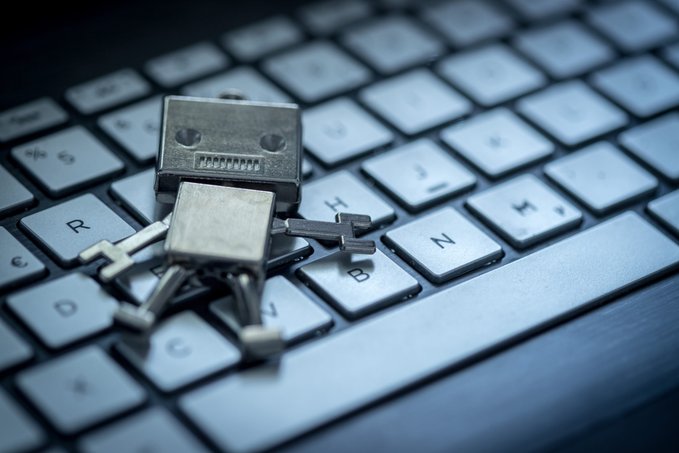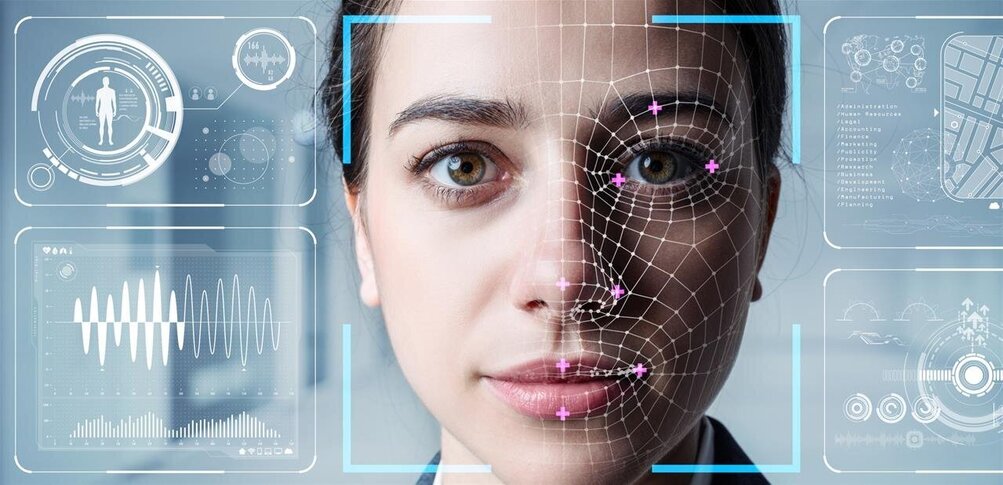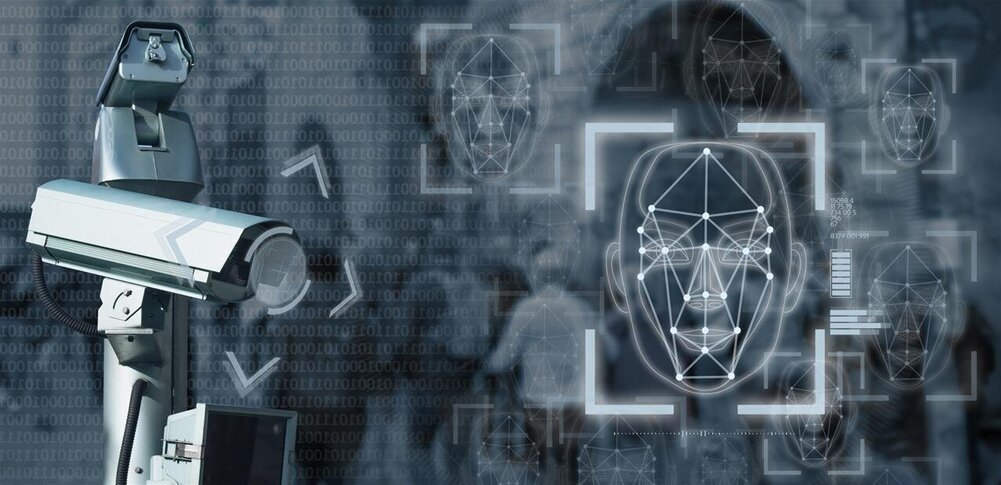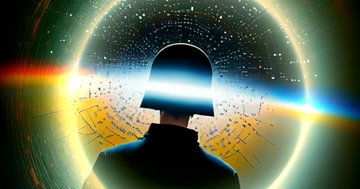Some have claimed AI is creative. But “creativity” is a fuzzy term. To talk fruitfully about creativity, the term must be defined so that everyone is talking about the same thing and no one is bending the meaning to fit their purpose. In this and subsequent chapters we will explore what creativity is, and in the end it will become clear that, properly defined, AI is no more creative than a pencil.
Creativity: Originating Something New
Lady Ada Lovelace (1815–1852), daughter of the poet George Gordon, Lord Byron, was the first computer programmer, writing algorithms for a machine that was planned but never built.1 She also was quite possibly the first to note that computers will not be creative—that is, they cannot create something new. She wrote in 1842 that the computer “has no pretensions whatever to originate anything. It can do [only] whatever we know how to order it to perform.”2
Alan Turing disagreed. Turing is often called the father of computer science, having established the idea for modern computers in the 1930s.3 Turing argued that we can’t even be sure that humans create, because humans do “nothing new under the sun”—but they do surprise us. Likewise, he said, “Machines take me by surprise with great frequency.” So perhaps, he argued, it is the element of surprise that’s relevant, not the ability to originate something new.4
Mots-clés : cybersécurité, sécurité informatique, protection des données, menaces cybernétiques, veille cyber, analyse de vulnérabilités, sécurité des réseaux, cyberattaques, conformité RGPD, NIS2, DORA, PCIDSS, DEVSECOPS, eSANTE, intelligence artificielle, IA en cybersécurité, apprentissage automatique, deep learning, algorithmes de sécurité, détection des anomalies, systèmes intelligents, automatisation de la sécurité, IA pour la prévention des cyberattaques.






